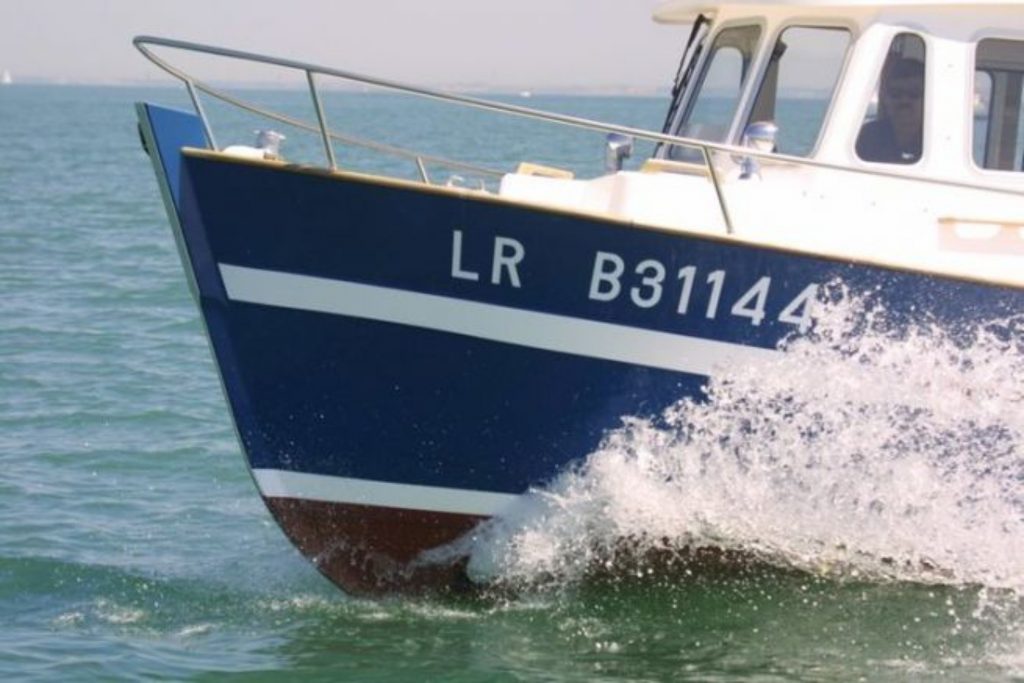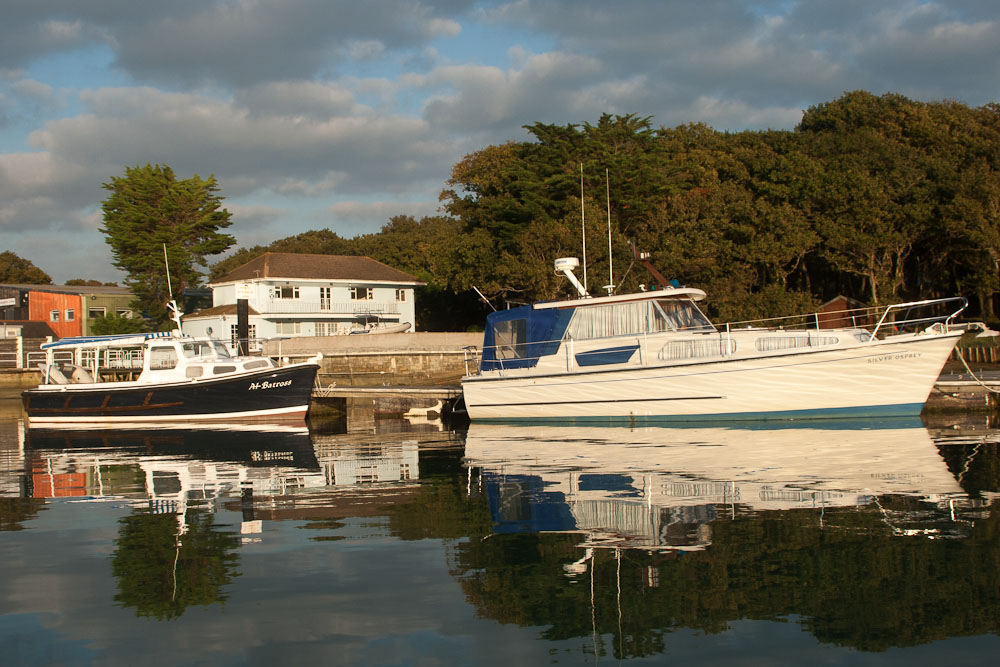Eight top tips for boat auction success
1. Make sure you understand the true market value of the boat model.
2. View the boat with a surveyor during an allocated visiting window.
3. Do your maths in relation to the full cost of repair.
4. Factor in the auction fees and boat transport costs.
5. However exciting the auction gets, stick to your budget.
6. Don’t be tempted by a bigger boat than you can afford to own and run.
7. Understand that bidding is not a game. It is a legally binding process.
8. Once you’ve ‘won’ a boat, make sure it is formally registered in your name.
 The buyer must assemble a dossier of information that will convince them that the boat is worth buying. Image: alfastreet-marine.com
The buyer must assemble a dossier of information that will convince them that the boat is worth buying. Image: alfastreet-marine.com
It’s easy to imagine that a boat auction involves a succession of unloved wrecks that have spent years on estuary banks, going slowly green and waiting for someone to take pity. But if you’re keen to find a pre-owned boat at a fraction of its market value, a boat auction is actually a much more versatile and dynamic place to go shopping than a lot of people think.
Now, as ever, the most common type of lot at a traditional boat auction tends to be a repossessed boat or a compact project craft that has been damaged or abandoned – and for the most part, these often seem to take the form of small sailing boats and river cruises, as well as tenders, dinghies, canoes and kayaks. But while it’s still perfectly possible to hunt down a decades-old yacht for little more than pocket change, a good modern auction will also now display plenty of more recent boats of every shape and size, alongside a healthy spattering of new boats from local dealers. In terms of the buying process itself, there are certainly some unique guidelines that you need to understand when bidding at the auction but, in the first instance, getting a great deal involves exactly the same kind of research as you would lavish on a regular boat purchase…
How do you prepare for a boat auction?
As the buyer, it is always your job to put together a dossier of information to satisfy yourself that the boat in question is worth buying – and if you want to avoid ‘bidding blind’ or getting carried away and overpaying on the day, the same applies to buying a boat at auction. If you’re looking at a particular model, take a look at comparable boats on sales and brokerage websites to assess its potential market value. A list of auction boats is generally made available around a month before an auction, so if the boat is of sufficient value, it makes good sense to take advantage of the auction’s allocated visit times to inspect the boat with your surveyor. That will help you formulate a list of works required and to assess what kind of sale price would represent an authentic saving. In the absence of a sea trial, of course, neither you nor your surveyor will be able to uncover every potential problem but this remains a key step in helping mitigate the risks.
 Once payment has been made, you need to get the boat registered in your name. Image: Boatnews.com
Once payment has been made, you need to get the boat registered in your name. Image: Boatnews.com
How does a boat auction work?
When you attend an auction in person, winking suavely at the auctioneer is not the way to bid. Instead, simply hold your paddle aloft in a clear and obvious fashion. If the auctioneer describes your bid as ‘provisional’, that means you haven’t yet reached the reserve price but that’s not to say that your bid won’t be accepted by the vendor. There may be a bit of negotiation but if your provisional bid is accepted (as is quite common), you are legally bound to complete the deal. Preferred payment methods vary from auction to auction so, whether you are bidding in person or online, make sure you know what is expected of you and be prepared to pay for the boat immediately and in full.
Once payment has been made, you need to attend to two key jobs. Firstly, if you come away from the boat auction with a Bill of Sale but no formal title documentation, you need to get the boat registered in your name. And secondly, you need to organise the removal of your boat from its existing location. Auction boats are often put up for sale by Harbour Authorities specifically to clear space for new boats and new boaters, so you need to be proactive in talking to the marina, getting it shifted and paying for any delay while that happens.
Clearly then, it’s important to do your sums before you bid. In addition to the expense attached to the boat’s relocation, make sure you factor in ownership costs, like insurance, maintenance, berthing and fuel. As the buyer, you should also be aware that you will need to pay an auction fee of between 10% and 15%, often with the proviso that a minimum fee applies if the sale price is particularly low. This figure does vary from auction to auction but in all cases, make sure you understand exactly what the all-in costs are likely to be, so you can bid from a position of confidence and authority.
More information: What paperwork do I need to buy a boat?
 A boat can be surveyed and tested before making a final decision about whether to complete the purchase. Image: Yachtworld.co.uk
A boat can be surveyed and tested before making a final decision about whether to complete the purchase. Image: Yachtworld.co.ukWhat about other forms of boat auction?
If finding a local boat auction in the UK proves difficult, and you’re happy to join the throng of browsers on a non-specialist site, mainstream auction-style platforms like eBay can certainly help. And there are also now new forms of boat auction developing, through progressive operators like the Boatshed Group. Boatshed’s BoatBid platform is particularly interesting because it positions itself as a middle ground between a regular brokerage and a traditional auction. Instead of paying the full amount on a binding deal at the completion of the bidding process, the winning bidder signs a Purchase and Sale Agreement and provides a 10% deposit. They can then survey and sea trial the boat prior to making a final decision on whether or not to complete the purchase. At a stroke, that takes a lot of the risk out of the process and brings it much more closely into line with a conventional brokerage transaction – but as a result, the potential savings also tend to be significantly reduced.
If you’re keen to really maximise those savings, a salvage auction is generally a more promising option. These tend to involve boats that insurance companies deem too expensive to fix, but if you’re experienced in the field of marine maintenance and repair, there are still bargains to be had. And if you’re a supremely confident DIY fan in search of a low-value project boat (and you’re not intimidated by the clear and obvious damage that often results from flooding or fire) a boat auction site like www.boatwrecks.com is also a good place to look.


